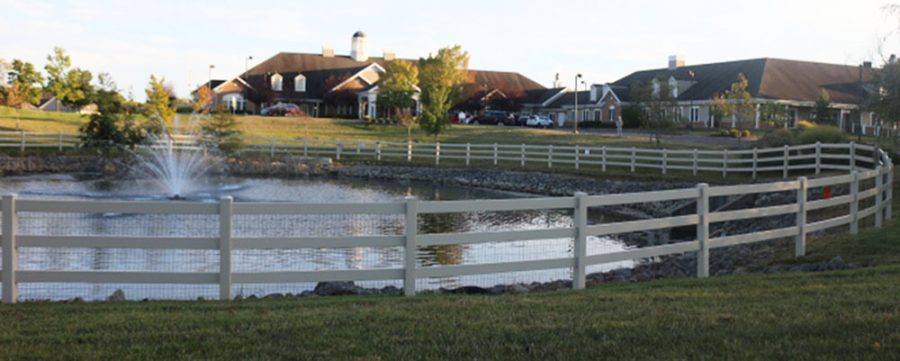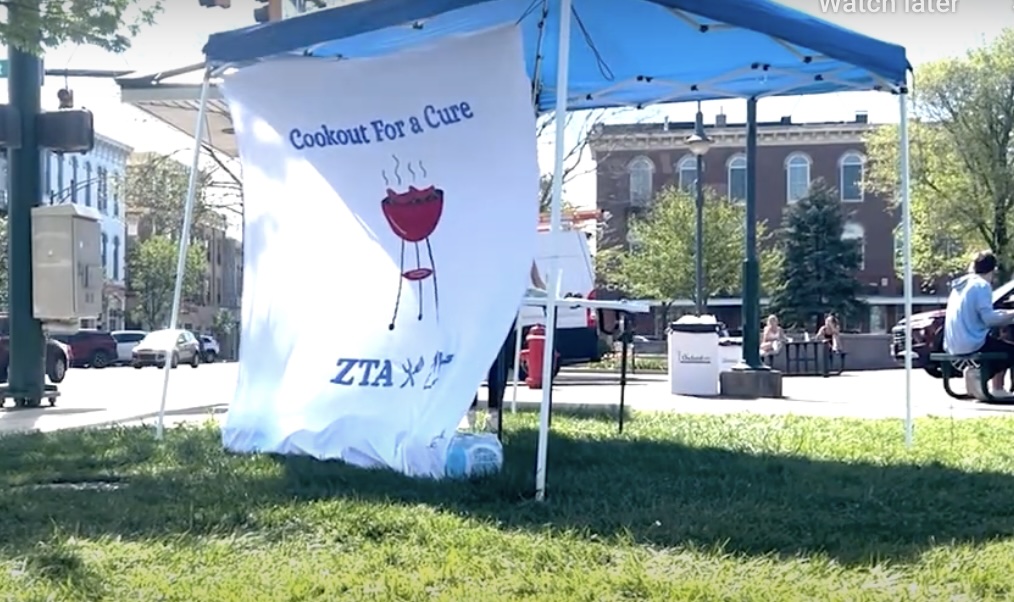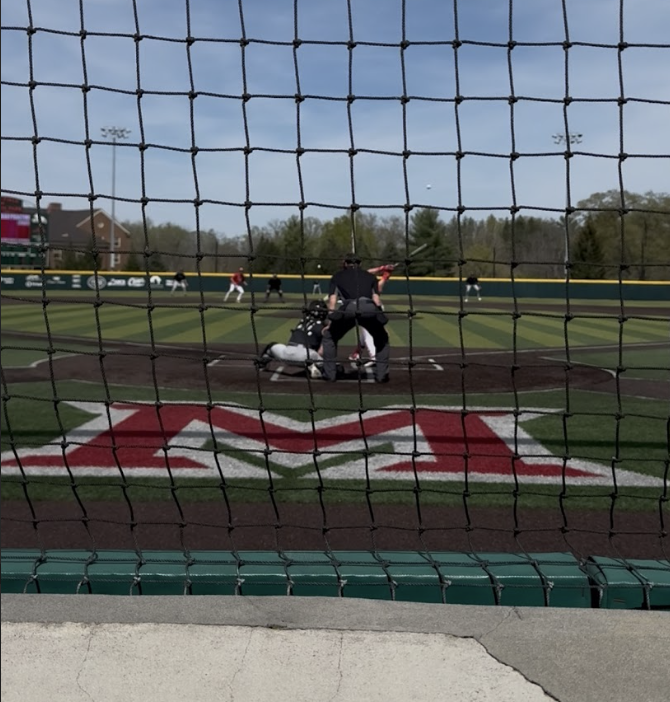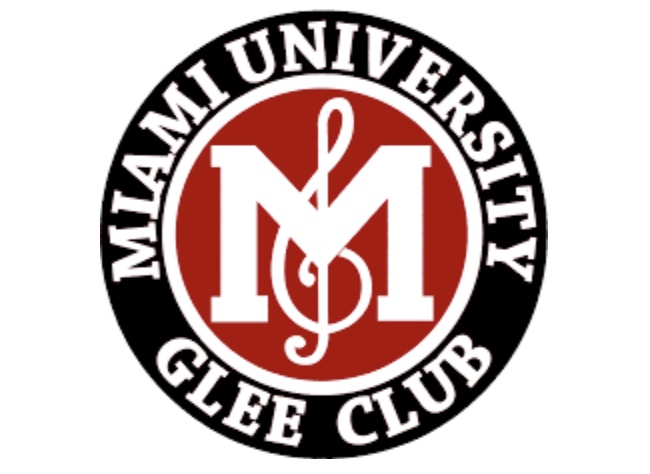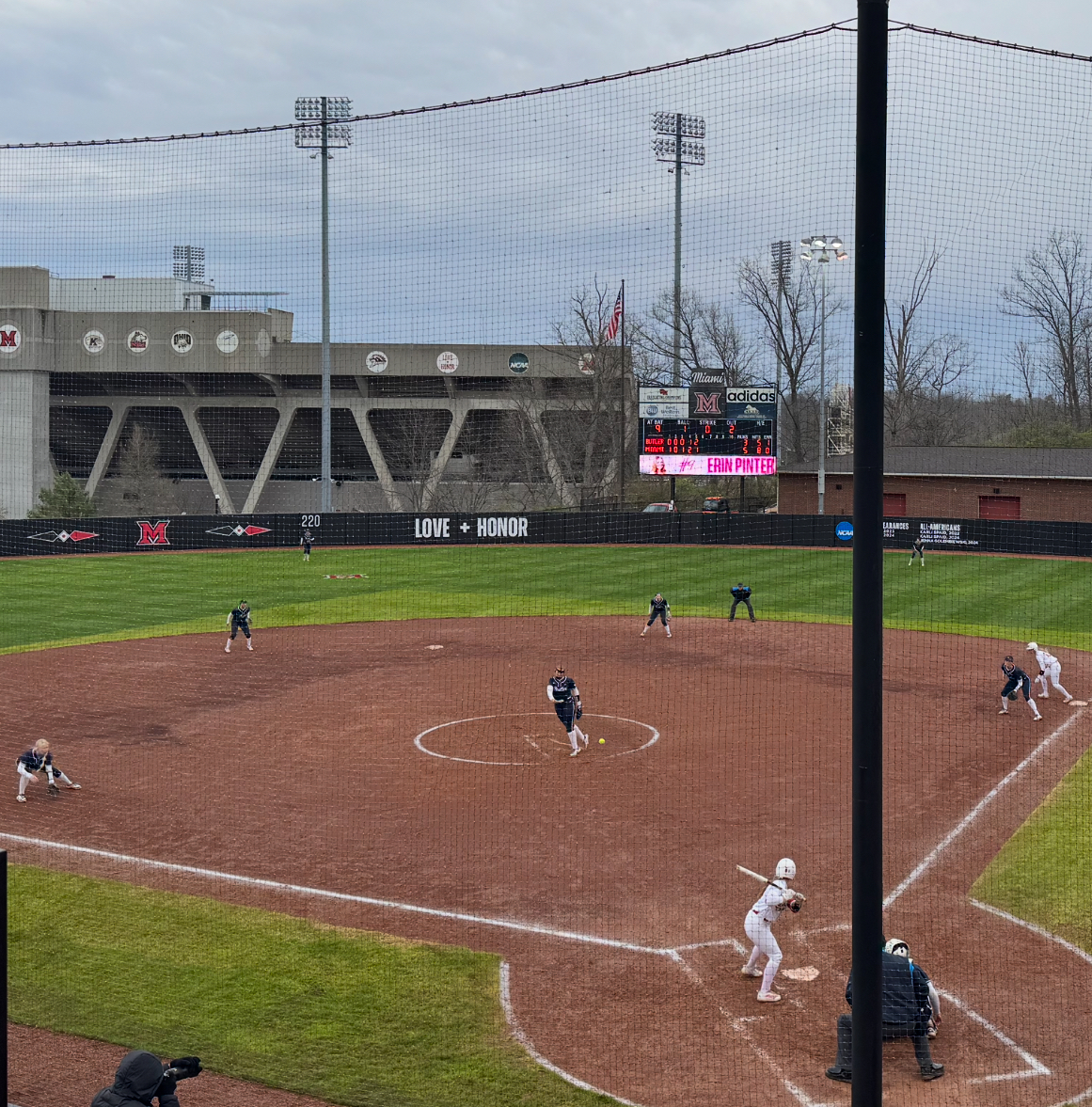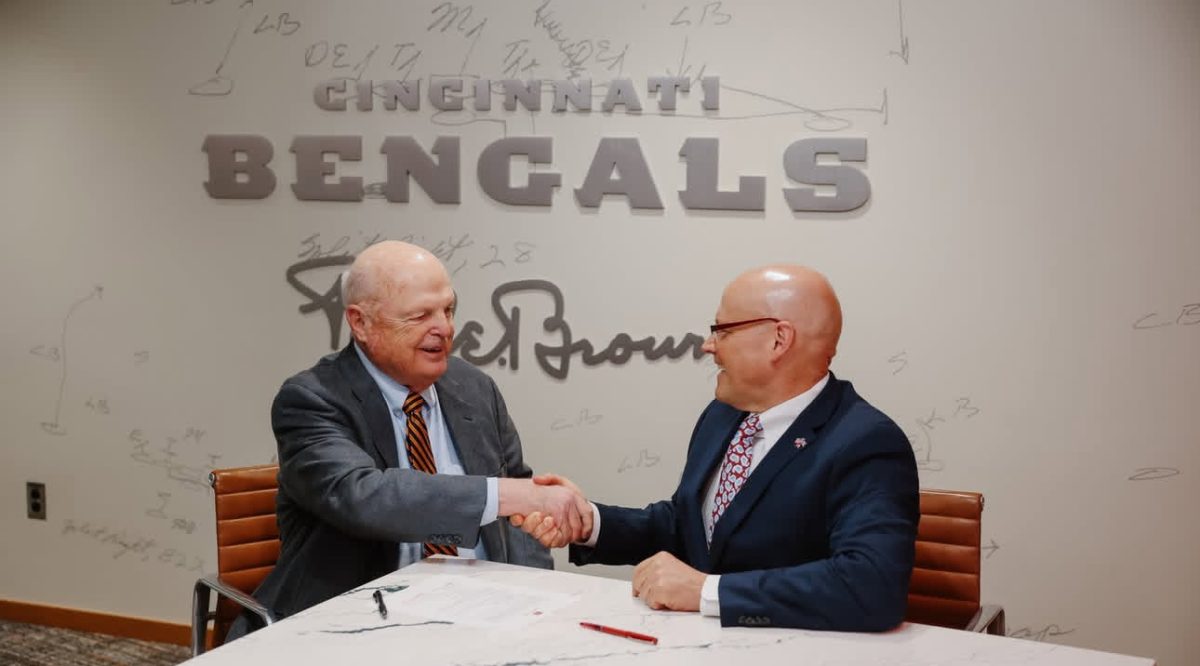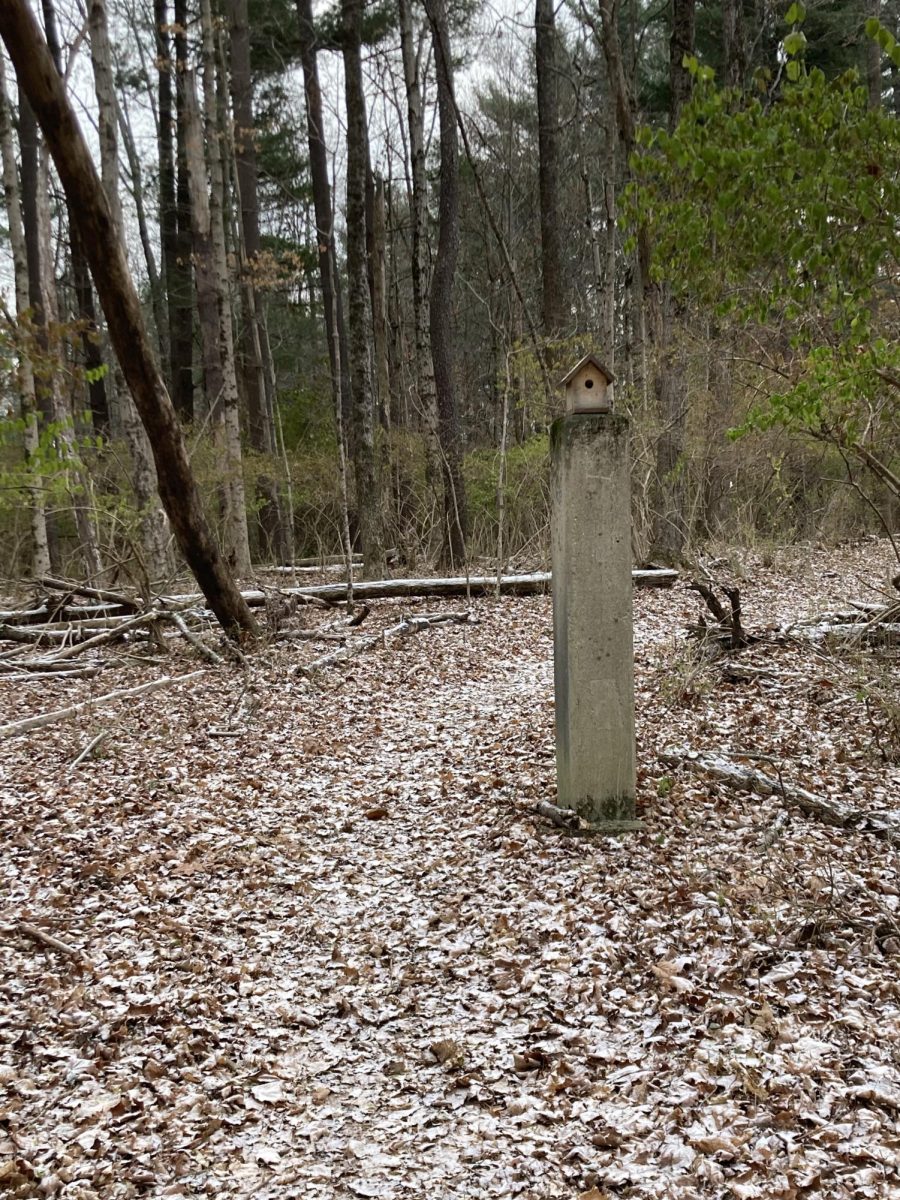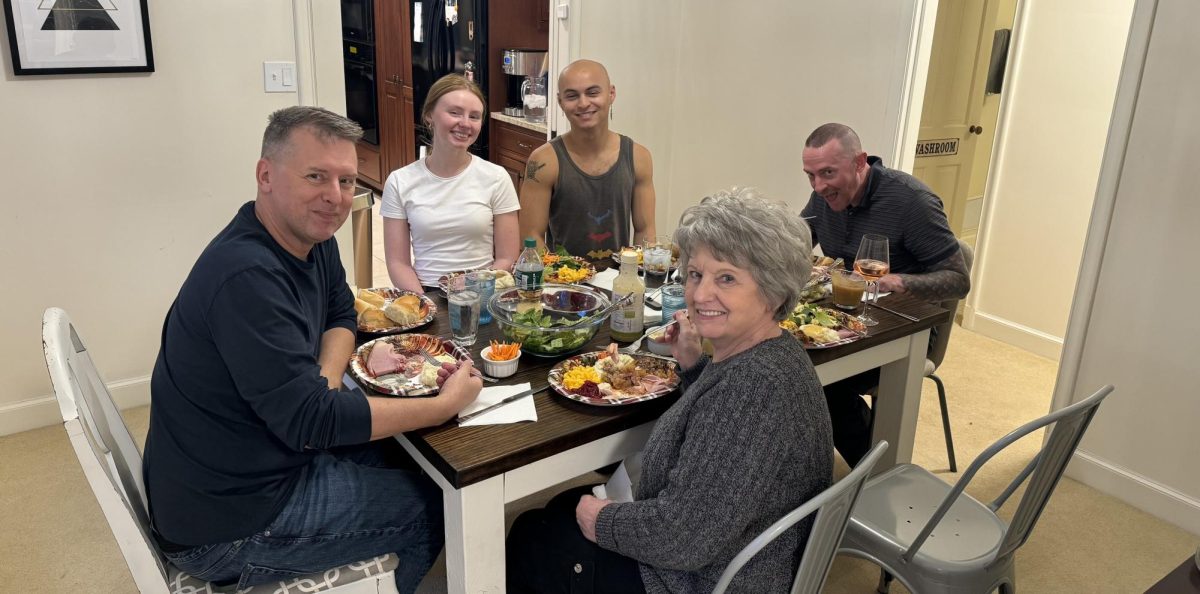Miami University and The Knolls of Oxford renewed their affiliation Thursday, Nov. 7, by signing a new five-year agreement.
The two organizations formed this legal partnership in 2005 to build intergenerational relationships, create educational opportunities for The Knolls’ residents and Miami students and faculty, form service-learning and internship opportunities at The Knolls and to give preferential admission to The Knolls for Miami-affiliated staff and families according to the agreement.
By creating this affiliation, The Knolls which is a non-profit continuing care retirement community owned by Maple Knoll Communities, became one of the first centers in the nation to form an official partnership with a university, according to Cheryl Hampton, the community relations specialist at The Knolls.
An event was held at The Knolls, 6727 Contreras Road, to honor the signing. Miami’s Glee Club performed at the event as well as guest appearances from Miami’s mascot Swoop and the Miami cheerleading squad. Dinner was also served.
The agreement has been re-signed in 2008, 2011, 2014 and now again in 2019. When the agreement was first signed, it had a three year renewal period. However, in 2014, it was expanded to five years before it needed to be resigned.
“It’s a pretty solid relationship and I don’t foresee it ending anytime soon,” Hampton said.
Some of the programs to come out of this partnership include Opening Minds through Art (OMA), and the Scripps Gerontology Center’s project “Incorporating the Preferences for Everyday Living into Ohio’s Nursing Homes to Improve Resident Care.”
OMA pairs people with dementia with volunteers to focus on skills like imagination instead of memory to create artwork. Since its creation at Miami in 2007, this program has spread across the nation and into Canada. It has also won awards, including the Leading Age Ohio “Best Practice” award in 2011.
The Scripps project that came from the affiliation focuses on ensuring patient-centered care. It partnered with The Knolls to create preferences for activities and leisure (PAL) cards that residents fill out. The cards detail background information of the patient as well as how they like to spend their time. This program has allowed for “conversations between staff, volunteers, and community members, contributing to a greater sense of connectedness,” according to the Scripps website.


